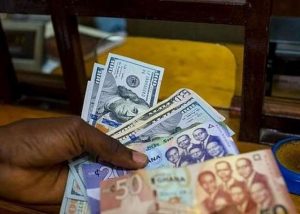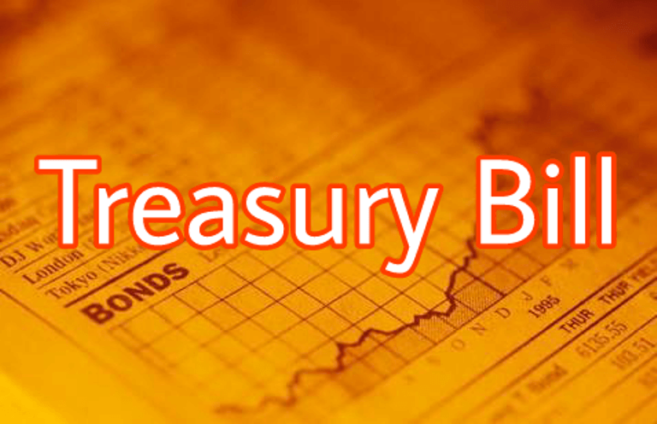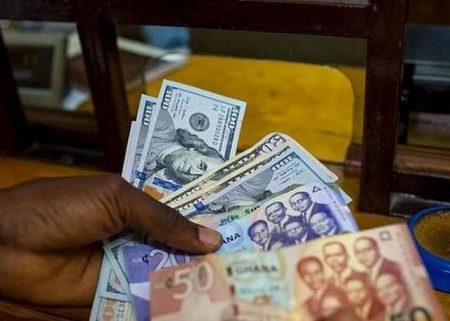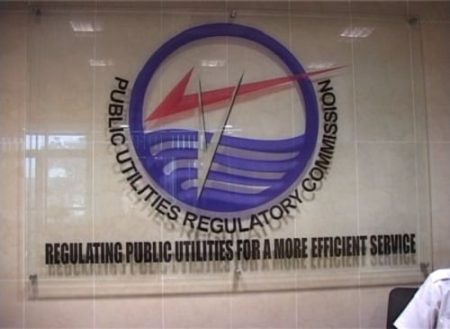The Ghanaian government’s latest treasury bill auction, held on May 9, 2025, yielded GH¢5.2 billion, slightly below the targeted GH¢5.38 billion. This represents a marginal undersubscription of roughly 3.15%, indicating a minor softening in investor demand. Despite this slight shortfall, the auction saw full acceptance of bids across all three tenors – 91-day, 182-day, and 364-day bills – suggesting sustained investor confidence in Ghana’s short-term debt market, even amidst a backdrop of declining interest rates. The Bank of Ghana’s subsequent release of the auction results provided further insights into investor preferences and market trends.
A closer examination of the bidding patterns reveals the continued dominance of the 91-day bill as the most sought-after instrument. Investors placed bids totaling GH¢3.8 billion for this short-term tenor, significantly outpacing the demand for the longer-term options. The 182-day bill attracted GH¢747.06 million in bids, while the 364-day bill garnered GH¢611.14 million. This preference for shorter-term maturities suggests a degree of investor caution and a potential preference for liquidity, possibly influenced by prevailing economic conditions and anticipated market movements.
The auction also marked a continuation of the downward trend in interest rates across all three tenors. The yield on the 91-day bill dipped to 15.16%, down from 15.23% the previous week. Similarly, the 182-day bill’s rate fell to 15.70% from 15.77%, and the 364-day bill’s rate decreased to 16.80% from 16.95%. This consistent decline in yields indicates a potential easing of inflationary pressures and a growing confidence in the stability of the Ghanaian economy, leading investors to accept lower returns for their investments.
The government’s decision to set a higher target of GH¢6.68 billion for the upcoming treasury bill auction signals a continued reliance on short-term borrowing to finance its fiscal needs. This strategy allows the government to access readily available funds to address immediate budgetary requirements and manage its cash flow. However, a sustained reliance on short-term debt can potentially expose the government to interest rate risks and refinancing challenges in the future, especially if market conditions become less favorable.
The slight undersubscription in the latest auction, combined with the declining interest rates, presents a mixed picture of Ghana’s short-term debt market. While the full acceptance of bids across all tenors indicates sustained investor interest, the marginal shortfall and preference for shorter-term instruments suggest a degree of cautiousness and a potential sensitivity to market fluctuations. The government’s ambitious target for the next auction will be a key test of investor appetite and the overall health of the market.
Moving forward, the performance of Ghana’s treasury bill auctions will be closely watched by market participants and analysts. Factors such as inflation trends, economic growth prospects, and global market conditions will continue to influence investor sentiment and dictate the direction of interest rates. The government’s ability to successfully meet its borrowing targets while managing its debt profile will be crucial for maintaining market confidence and ensuring fiscal stability.














